The Gut-Brain Connection: 11 Fermented Foods That Can Boost Your Mood
In recent years, the culinary and health worlds have witnessed a renaissance of ancient food preservation techniques, particularly fermentation. This age-old process not only extends the shelf life of foods but also transforms them into nutritional powerhouses. Fermented foods are teeming with beneficial bacteria, or probiotics, which are known to improve gut health and, intriguingly, elevate mood. This article delves into the fermented delights that are not only delicious but also support your digestive system and mental well-being. From the tangy zest of kimchi to the creamy allure of kefir, these foods are more than just sustenance; they are a testament to the symbiotic relationship between humans and microorganisms.
1. Kimchi: Korea's Spicy, Probiotic Powerhouse

Kimchi, a staple in Korean cuisine, is a vibrant dish made from fermented vegetables, primarily napa cabbage and Korean radishes, seasoned with chili pepper, garlic, ginger, and a variety of other spices. The fermentation process, which can last from a few days to several weeks, allows beneficial lactic acid bacteria to flourish. These probiotics are crucial for maintaining a healthy gut microbiome, which in turn can influence mood and cognitive functions. Kimchi's spicy kick and complex flavor profile make it a versatile ingredient in numerous dishes, adding both nutritional value and a unique taste that can elevate any meal.
2. Sauerkraut: The German Gut Guardian
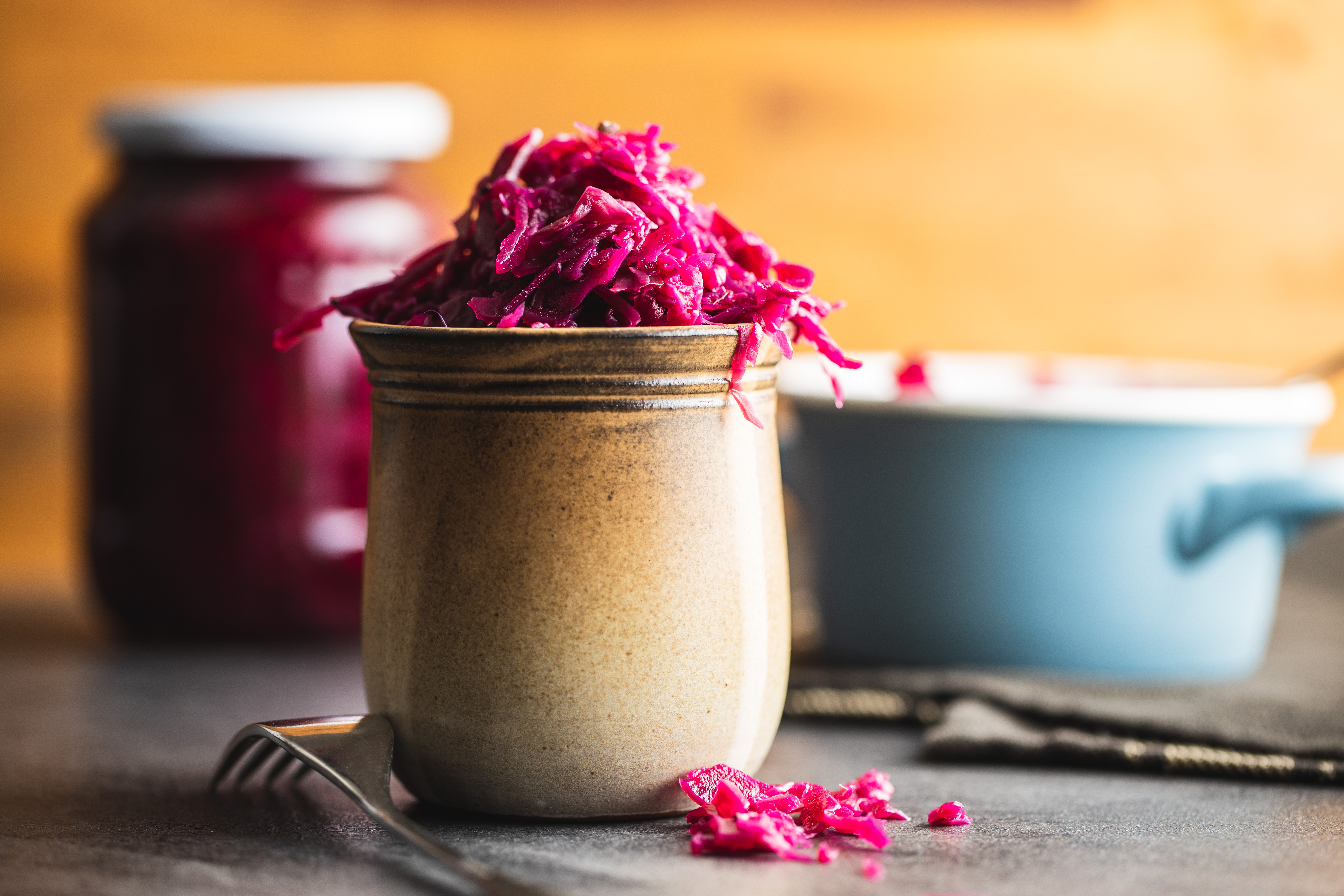
Sauerkraut, literally "sour cabbage" in German, is a simple yet potent fermented food made by lacto-fermenting finely shredded cabbage. This fermentation not only enhances its flavor but also enriches it with probiotics that support gut health. Sauerkraut is rich in dietary fiber, vitamins C and K, and a variety of beneficial enzymes. Its tangy, slightly crunchy texture can be a delightful addition to salads, sandwiches, or as a side dish. Regular consumption of sauerkraut has been associated with improved digestion, a stronger immune system, and even a reduction in stress levels, showcasing its dual role in gut and mood enhancement.
3. Kefir: The Creamy Elixir of Life
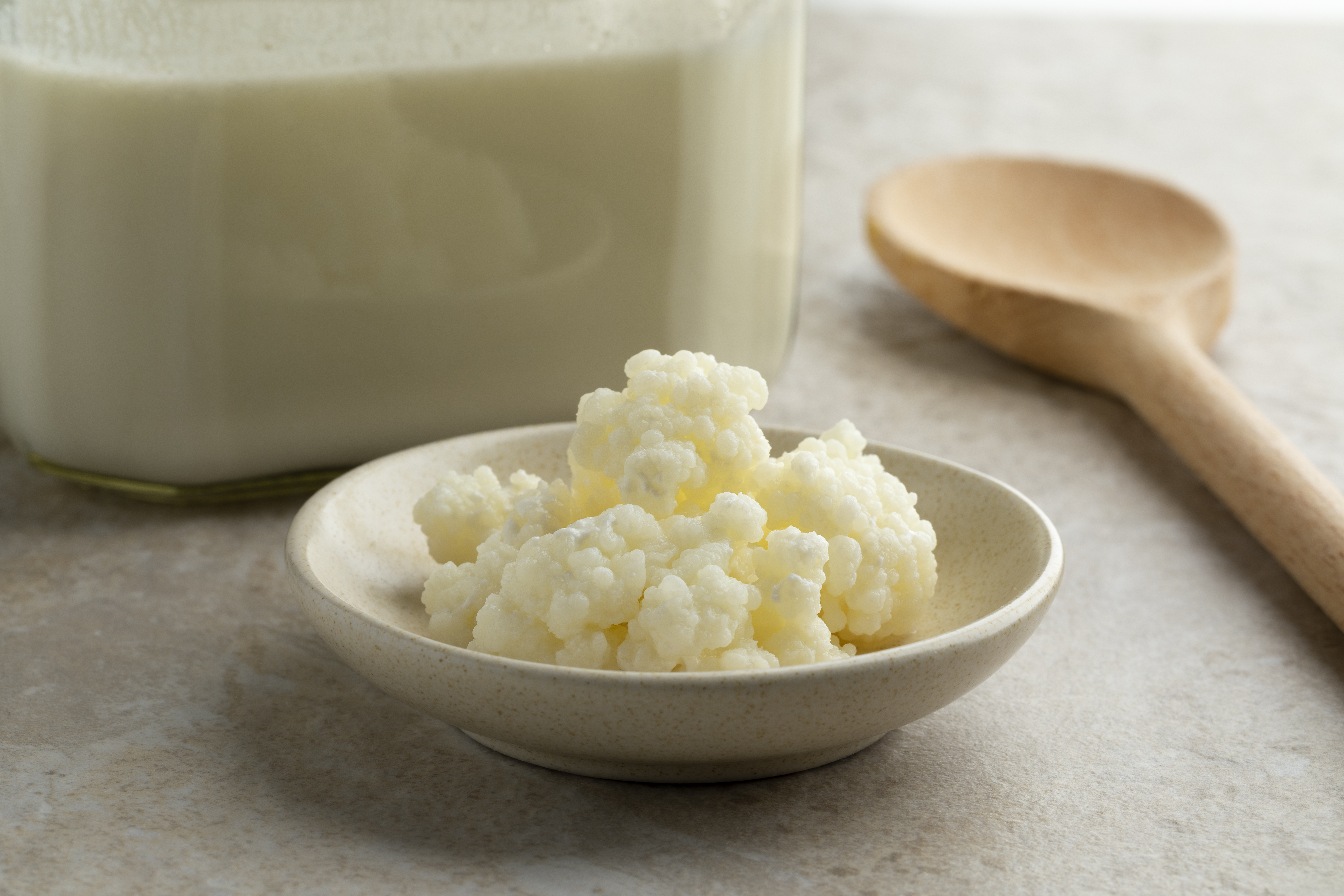
Kefir, a fermented milk drink with origins in the Caucasus Mountains, is renowned for its creamy texture and tangy taste. Created by adding kefir grains—a combination of bacteria and yeast—to milk, this beverage is a rich source of probiotics, vitamins, and minerals. Kefir contains a diverse range of microorganisms, often more than yogurt, making it a powerful ally in maintaining a balanced gut flora. Its consumption is linked to numerous health benefits, including improved digestion, enhanced immune function, and potentially even mood stabilization, thanks to its ability to influence the gut-brain axis.
4. Kombucha: The Fizzy Fermented Tea

Kombucha, a slightly effervescent drink made from fermented tea, has captured the attention of health enthusiasts worldwide. This beverage is created by fermenting sweetened tea with a symbiotic culture of bacteria and yeast (SCOBY). The result is a tangy, slightly sweet drink that is not only refreshing but also packed with probiotics, antioxidants, and organic acids. Kombucha's potential health benefits include improved digestion, detoxification, and mood enhancement. Its unique flavor and health-promoting properties make it a popular choice for those seeking a natural and delicious way to support their gut health.
5. Miso: The Umami-Rich Fermented Paste

Miso, a traditional Japanese seasoning, is made by fermenting soybeans with salt and koji, a type of mold. This process can take from a few months to several years, resulting in a thick paste rich in umami flavor. Miso is not only a culinary staple in Japanese cuisine but also a nutritional powerhouse, offering protein, vitamins, and beneficial bacteria. Its probiotics contribute to gut health, while its rich taste enhances soups, marinades, and dressings. The presence of isoflavones in miso has been linked to mood stabilization, making it a valuable addition to a diet focused on mental and digestive well-being.
6. Tempeh: The Protein-Packed Fermented Soy
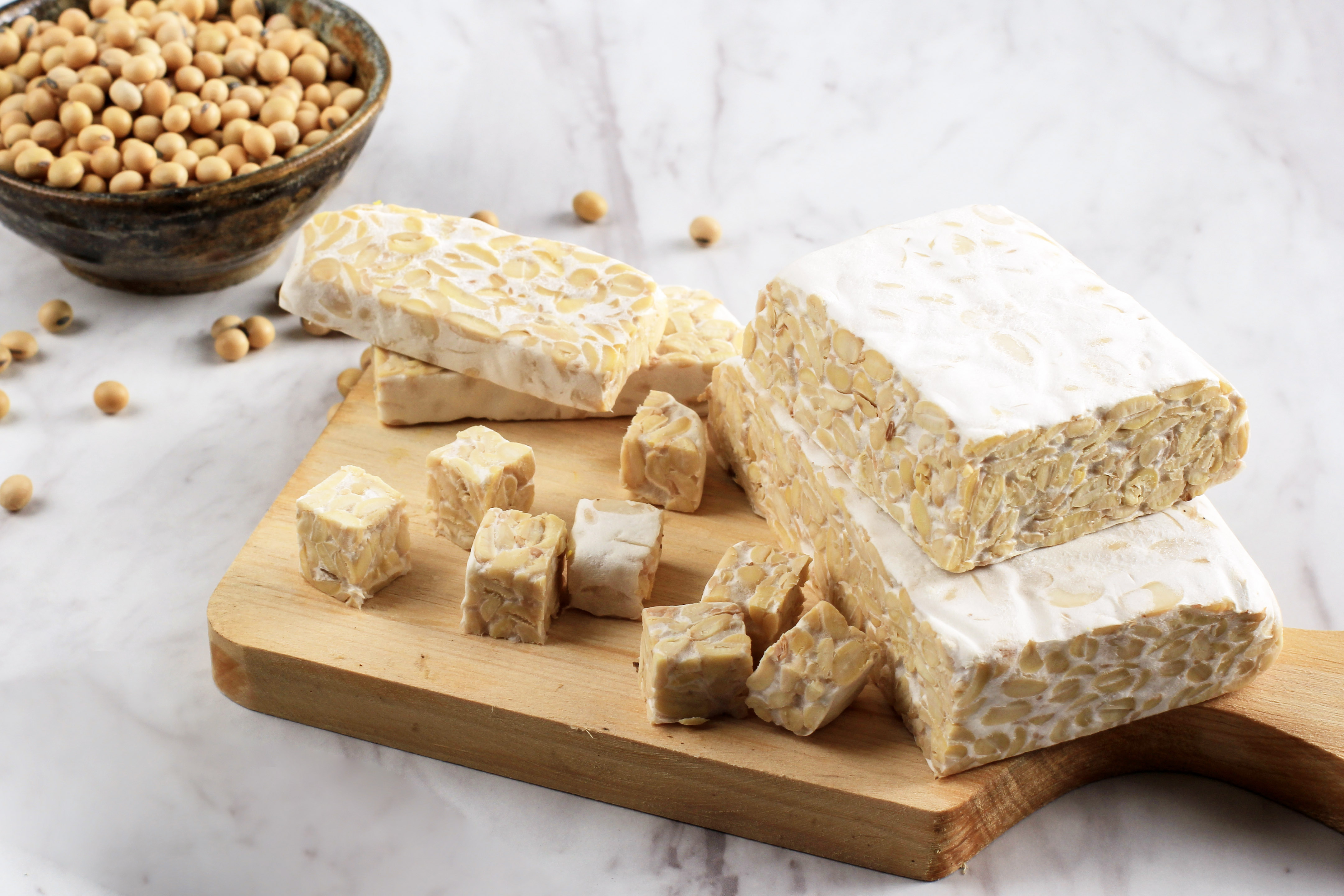
Originating from Indonesia, tempeh is a fermented soy product that offers a firm texture and nutty flavor. Unlike tofu, which is made from soy milk, tempeh is made from whole soybeans, giving it a higher fiber and protein content. The fermentation process not only makes tempeh easier to digest but also enriches it with probiotics. Tempeh is a versatile ingredient that can be grilled, sautéed, or added to stews and salads. Its high protein content makes it an excellent meat substitute, while its probiotic benefits support gut health and may contribute to mood regulation through the gut-brain connection.
7. Natto: Japan's Fermented Soybean Secret

Natto, a traditional Japanese food made from fermented soybeans, is known for its distinctive smell, strong flavor, and sticky texture. Despite its polarizing characteristics, natto is a nutritional gem, rich in protein, vitamins, and nattokinase, an enzyme with potential cardiovascular benefits. The fermentation process produces Bacillus subtilis, a probiotic that supports digestive health. Natto's unique composition may also aid in mood regulation, as its high levels of vitamin K2 and nattokinase have been linked to improved mental function and reduced anxiety, highlighting its multifaceted impact on health.
8. Yogurt: The Classic Fermented Dairy Delight
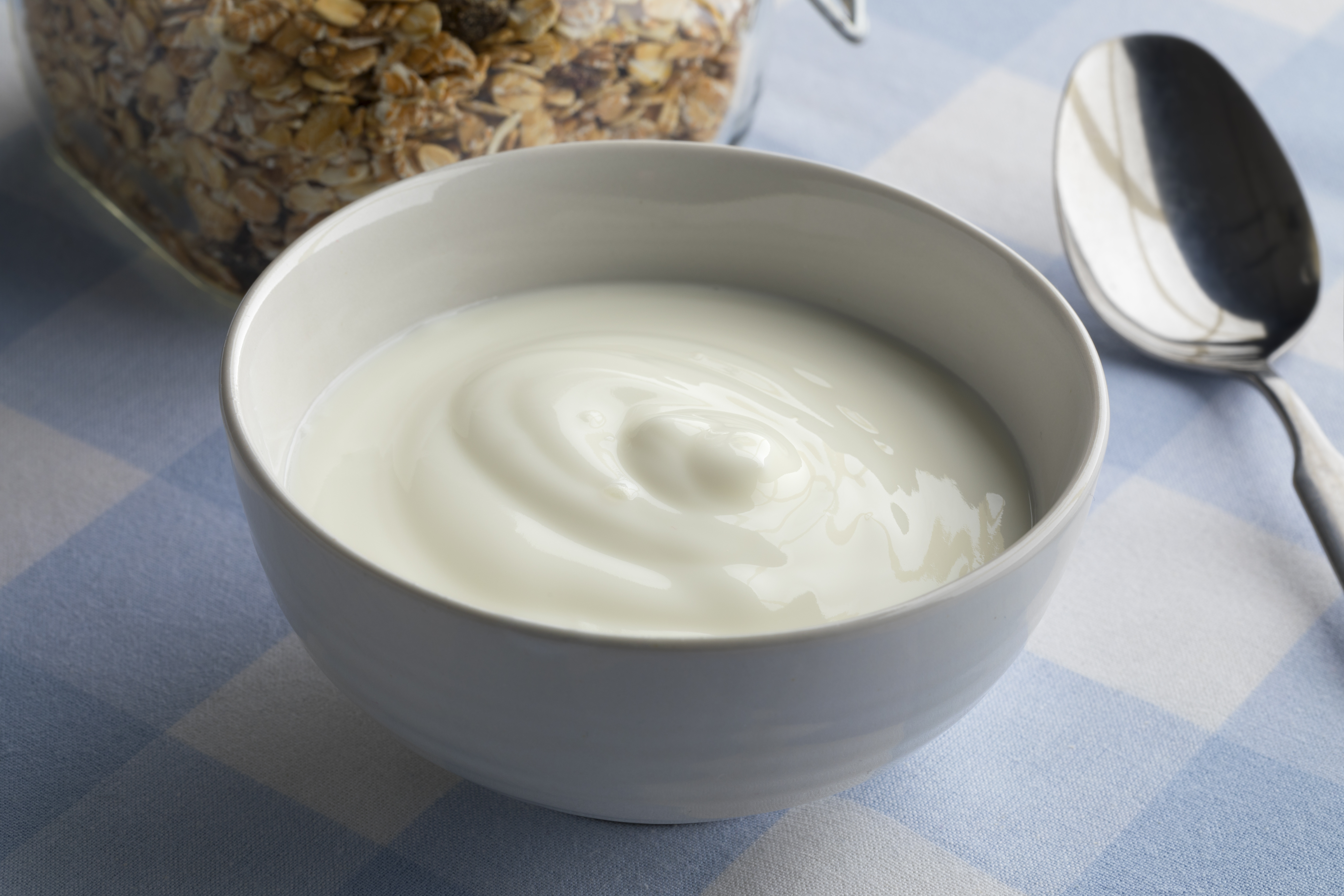
Yogurt, one of the most popular fermented foods globally, is made by fermenting milk with live bacteria cultures, primarily Lactobacillus bulgaricus and Streptococcus thermophilus. This process thickens the milk and imparts a tangy flavor. Yogurt is a rich source of probiotics, calcium, and protein, making it a staple in many diets. Regular consumption of yogurt is associated with improved digestion, enhanced immune response, and potentially better mood regulation due to the gut-brain axis. Its versatility allows it to be enjoyed on its own, in smoothies, or as a base for dressings and desserts.
9. Pickles: The Crunchy, Fermented Snack
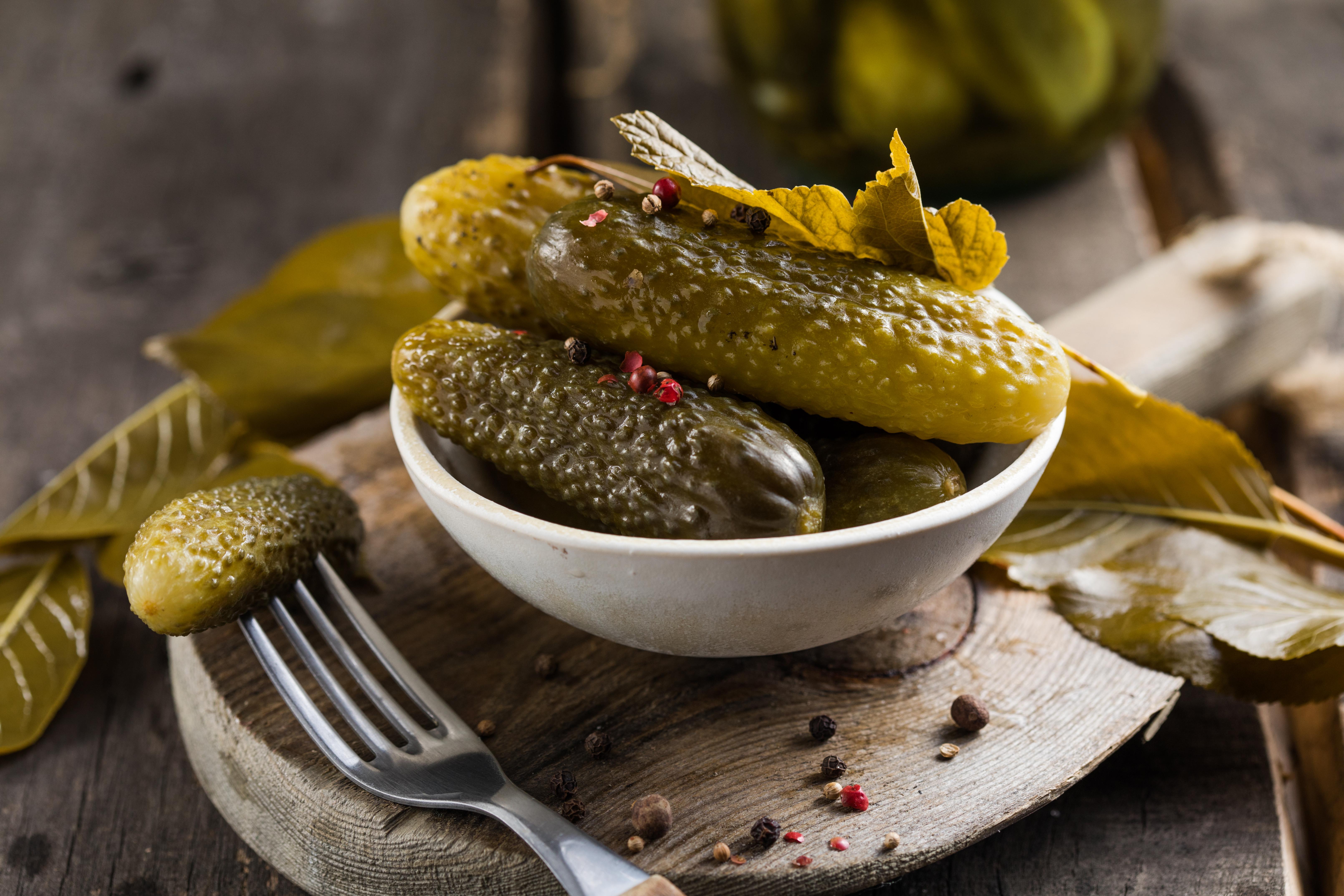
Pickles, particularly those fermented in a salt brine rather than vinegar, are a crunchy and tangy treat that can support gut health. The natural fermentation process encourages the growth of beneficial lactic acid bacteria, which can aid digestion and bolster the immune system. Pickles are low in calories yet rich in vitamins and antioxidants, making them a healthy snack option. Their probiotic content can contribute to a balanced gut microbiome, which has been linked to improved mood and cognitive function, offering a simple yet effective way to incorporate fermented foods into your diet.
10. Sourdough Bread: The Fermented Grain Goodness
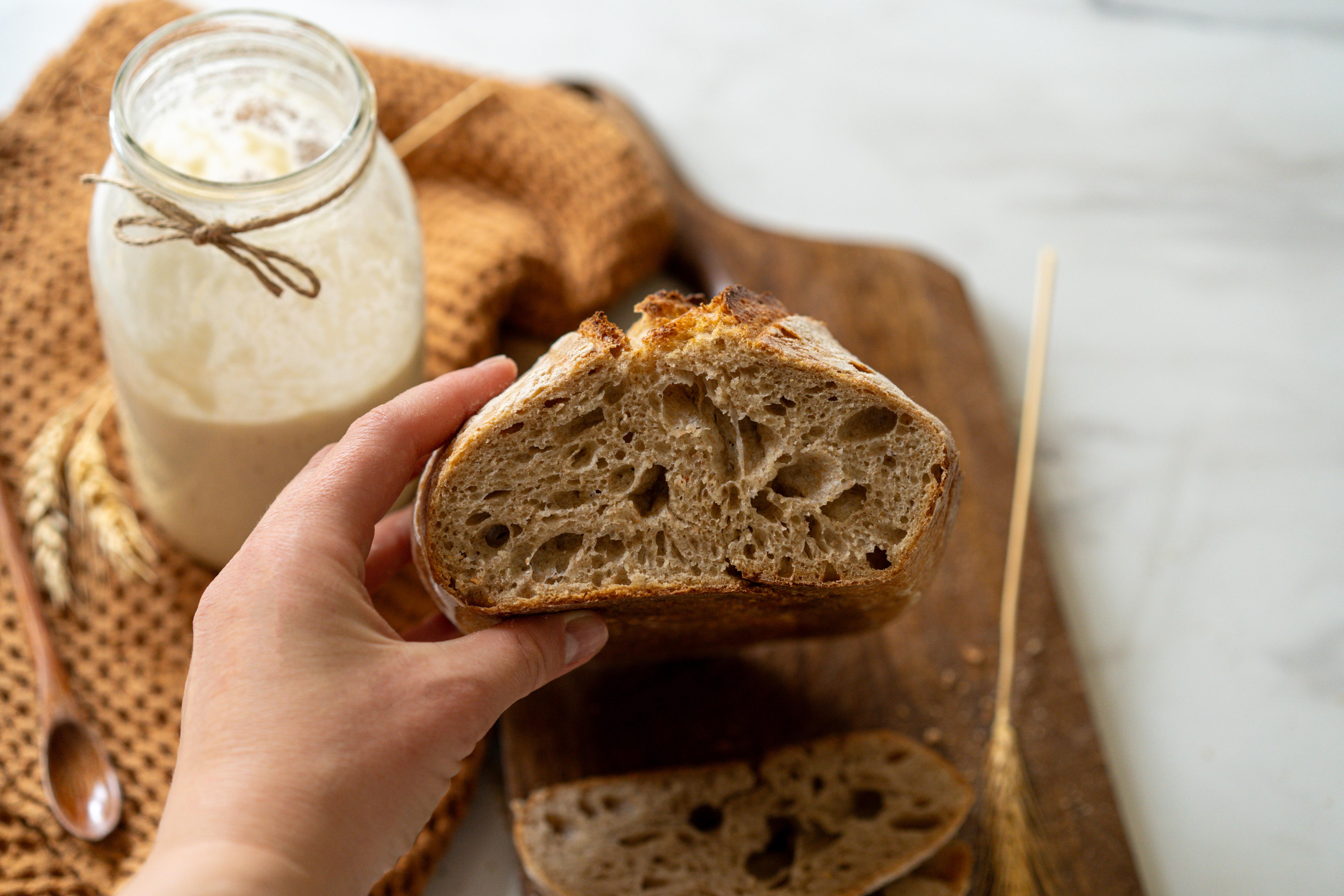
Sourdough bread, made by fermenting dough with naturally occurring lactobacilli and yeast, offers a unique taste and texture compared to conventional bread. The fermentation process breaks down gluten and phytic acid, making the nutrients in the bread more bioavailable and easier to digest. Sourdough's lower glycemic index can help regulate blood sugar levels, while its probiotic content supports gut health. The interplay between gut health and mood suggests that sourdough bread may contribute to emotional well-being, making it a delicious and nutritious choice for those seeking to enhance their diet with fermented foods.
11. Fermented Vegetables: A Rainbow of Probiotic Richness
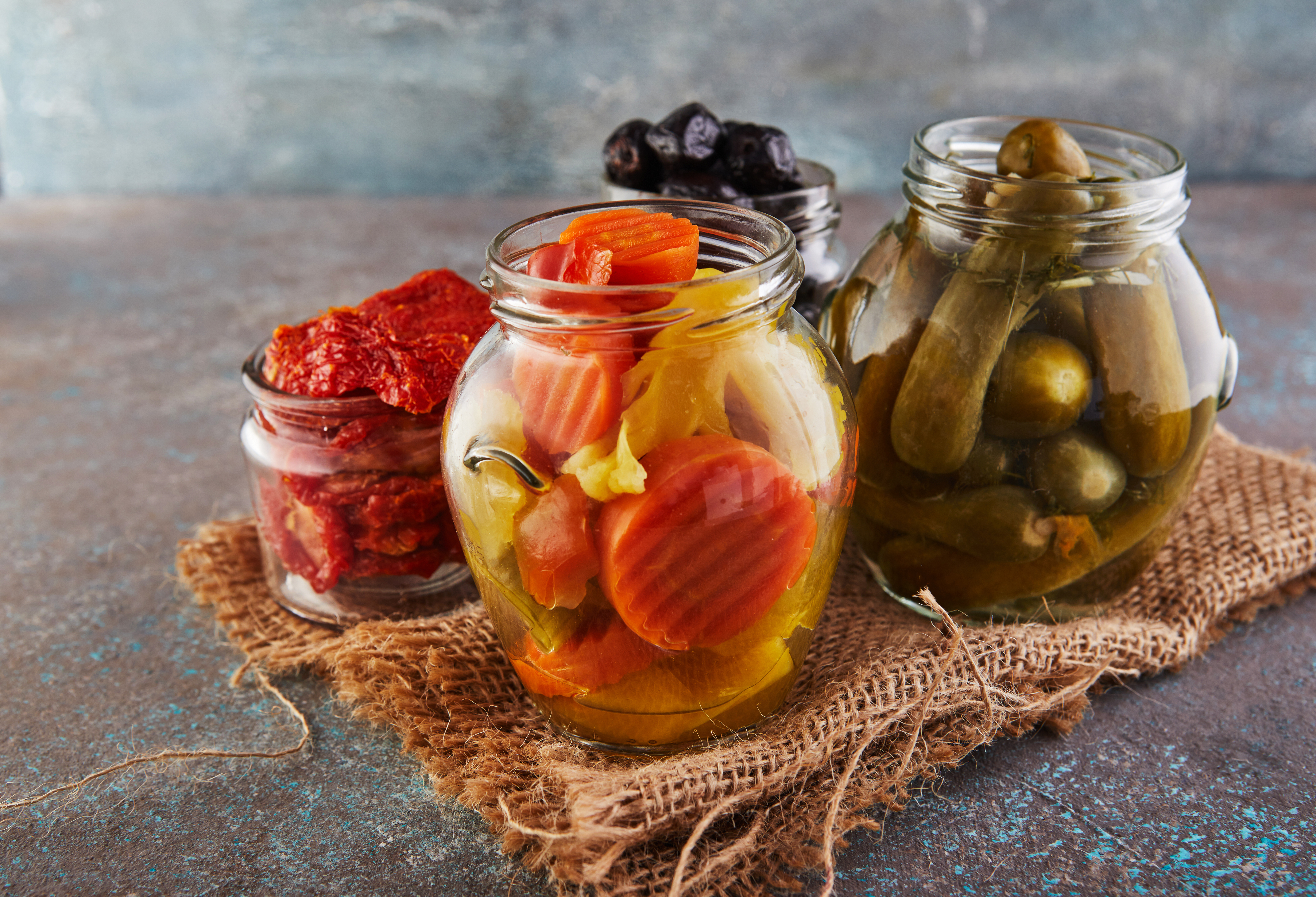
Fermented vegetables encompass a wide variety of colorful and nutritious options, from carrots and beets to cucumbers and peppers. The fermentation process preserves these vegetables while enhancing their flavor and nutritional content. Rich in probiotics, fermented vegetables support a healthy gut microbiome, which can influence mood and mental health. The fiber and antioxidants present in these vegetables further promote digestive health and overall well-being. Incorporating a variety of fermented vegetables into your diet can provide a diverse range of nutrients and probiotics, contributing to a balanced and healthful lifestyle.
Embracing Fermented Foods for Holistic Health
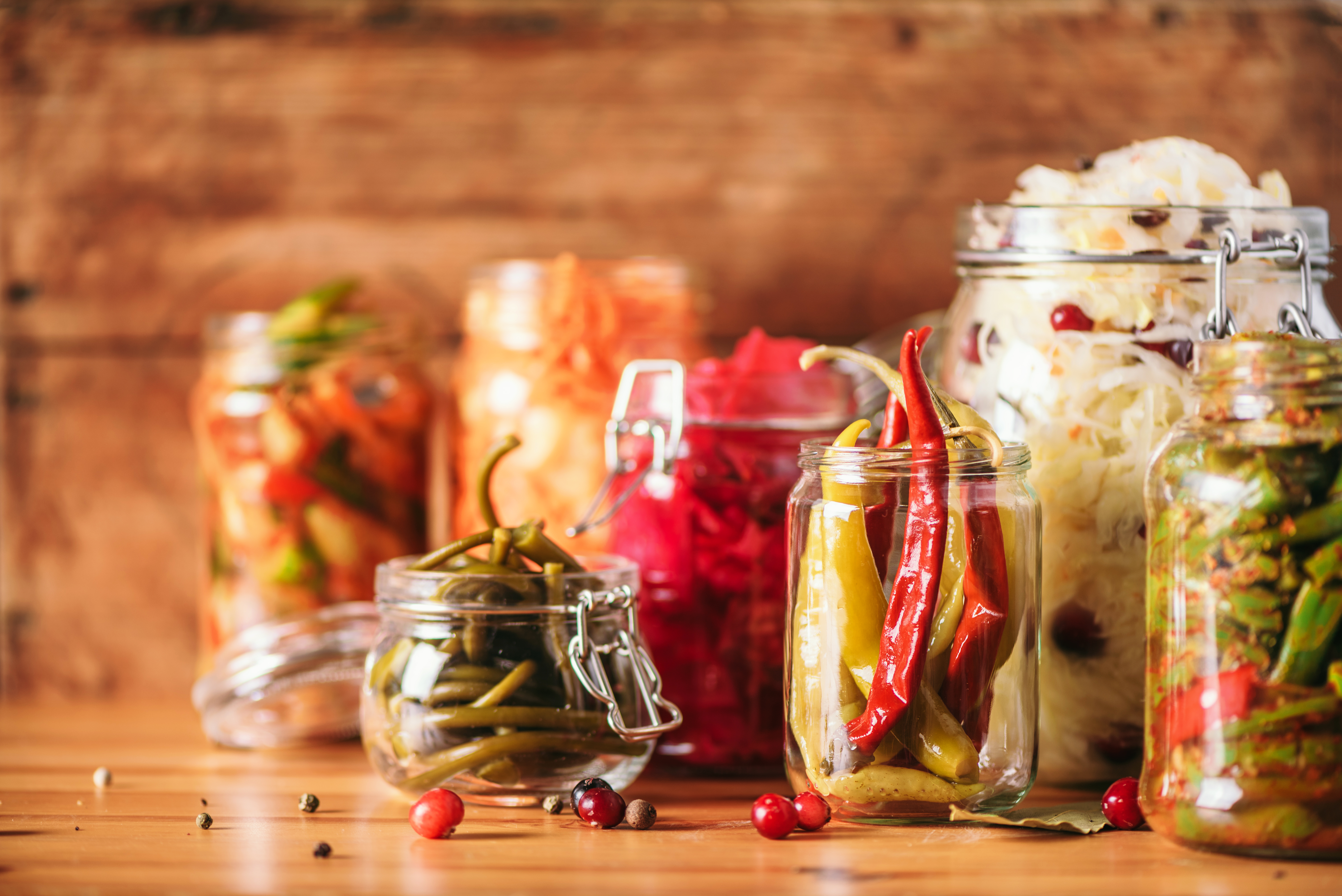
As we have explored, fermented foods offer a unique combination of health benefits that extend beyond the gut to influence mood and mental well-being. By incorporating these fermented delights into your diet, you can harness the power of probiotics to nurture your gut and elevate your mood. Whether you are savoring the spicy kick of kimchi, enjoying the creamy texture of kefir, or indulging in the tangy crunch of pickles, these foods offer a delicious and natural way to support your health. Embrace the fermentation renaissance and discover the transformative potential of these ancient culinary treasures.
